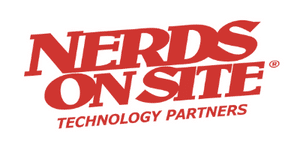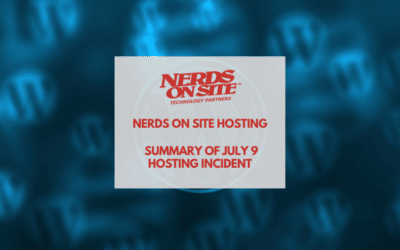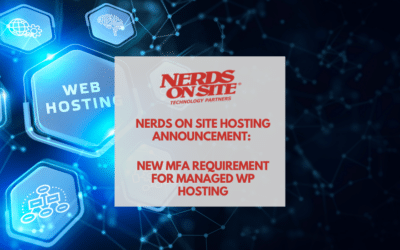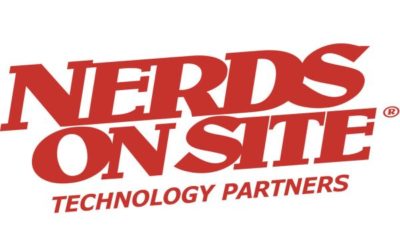All web hosts offer the ability to host your website, but what kind of website do you want, and how much maintenance and upkeep are you willing to do on the website yourself? What kind of website are you looking for? Does the web host make it easy to create and add content? These are important questions to ask because they will determine how your website will work and what it will look like.
Many hosting providers prefer to build websites for clients based on a Content Management System (CMS) because they’re easier to manage and maintain. There are many CMS systems available, and each can be customized to different needs.
Many hosting companies build websites using a CMS, such as Wordpress or Joomla, and Drupal, because such platforms are widely supported and developed for. Clients are given the option of which CMS they prefer, and should be given advice on which one suits their needs the best.
If you’re looking to create posts about a certain topic, business, or product, a blog may suit your needs, and generally does not require much upkeep. If you’re looking to provide multiple pages of content that will change over time and allow for more flexibility, a website will likely suit your needs better.
Some web hosts, like GoDaddy, only provide clients with the web space and the CMS, and require you to maintain the website yourself. Others, like Nerds Hosting, update the CMS on a monthly basis on your behalf when on the Silver NerdCare Plan.
When you sign up for a hosting account, you want it to be a relatively painless process. You don’t want to be inundated with special offers, and may just want your website setup, so all you have to do is log in and add content.
Some hosting companies only offer phone technical support, including CMS help, after you go through the sign-up process. Others offer many kinds of support right from the start to eliminate confusion. You get what you pay for, as the saying goes.
Taking all of those factors into account, be sure to have an in-depth discussion with the hosting company creating and managing your website to ensure that the CMS chosen is the right fit for you and your goals.
Why is your website page speed important in Search Engine Optimization (SEO)?
I'm going to open this blog post up with a term you may have heard of if you've focused on developing websites before,...











